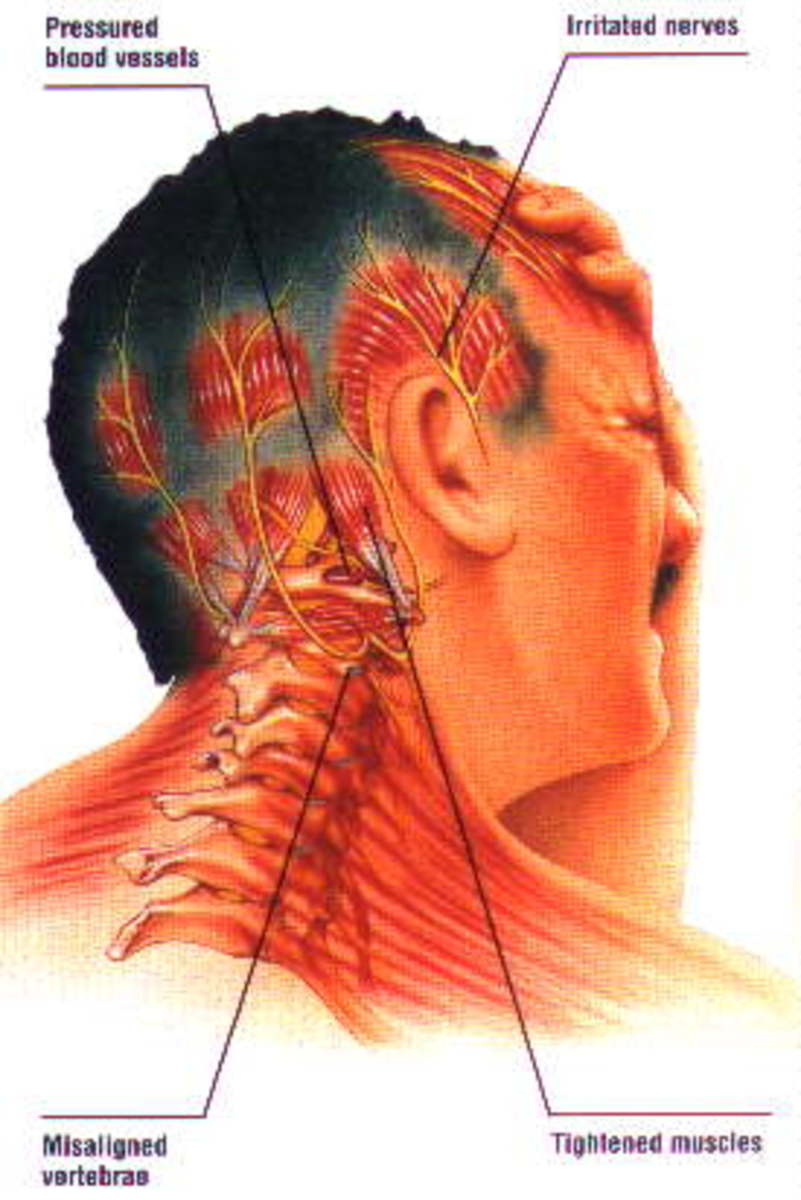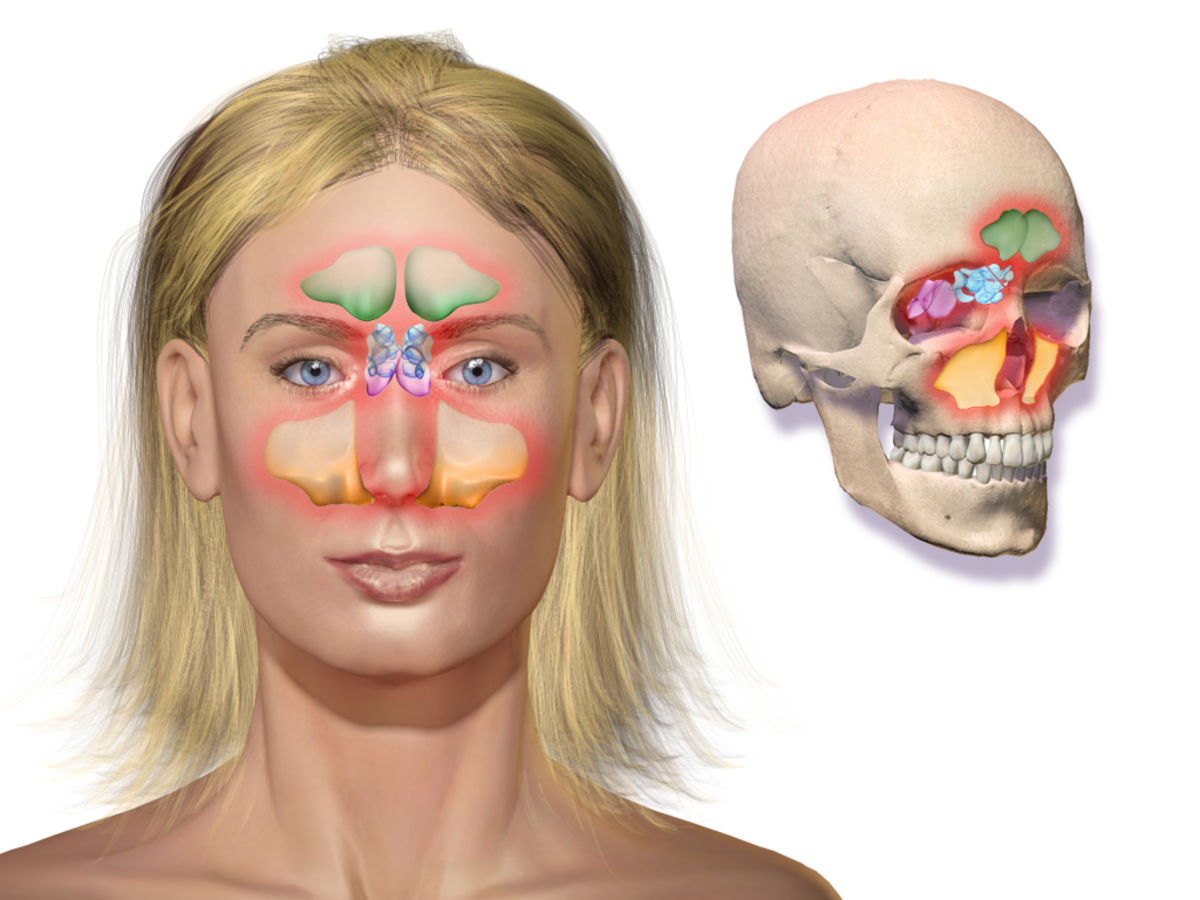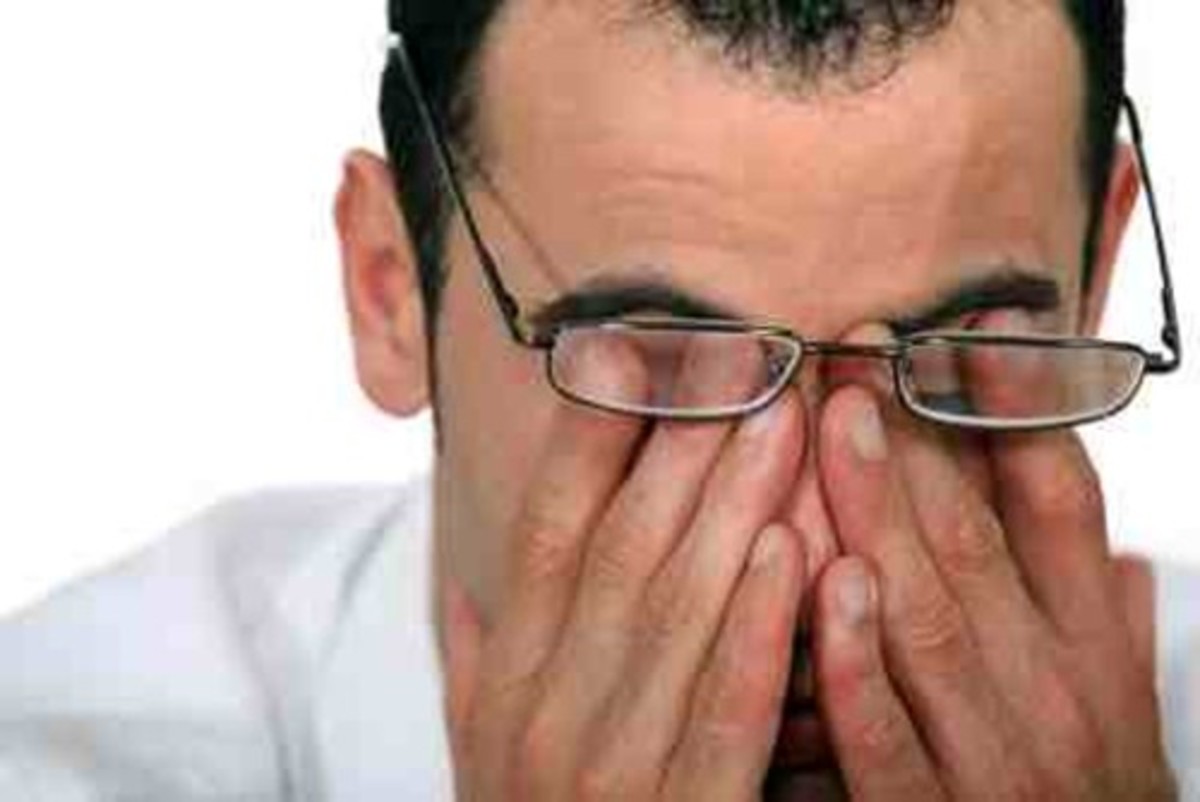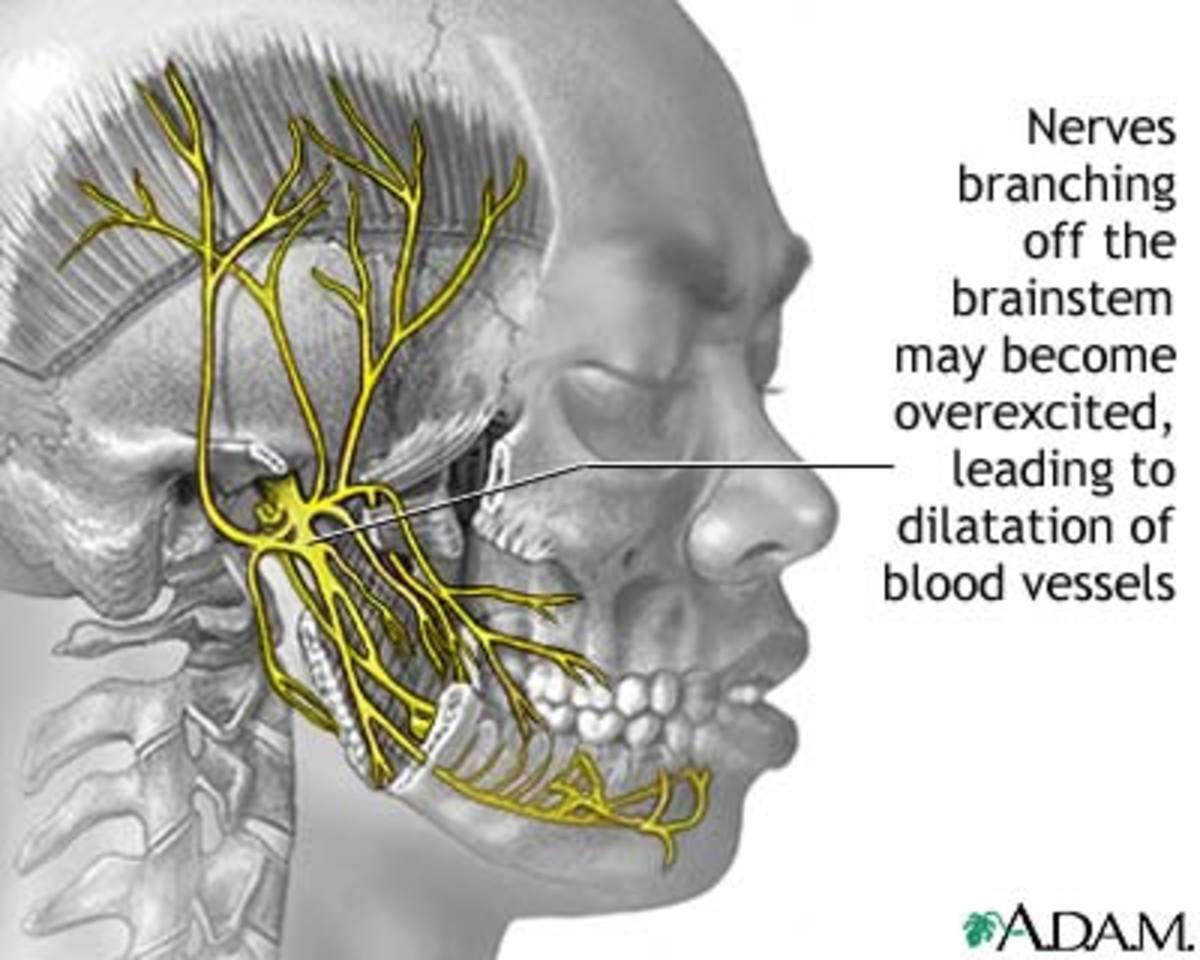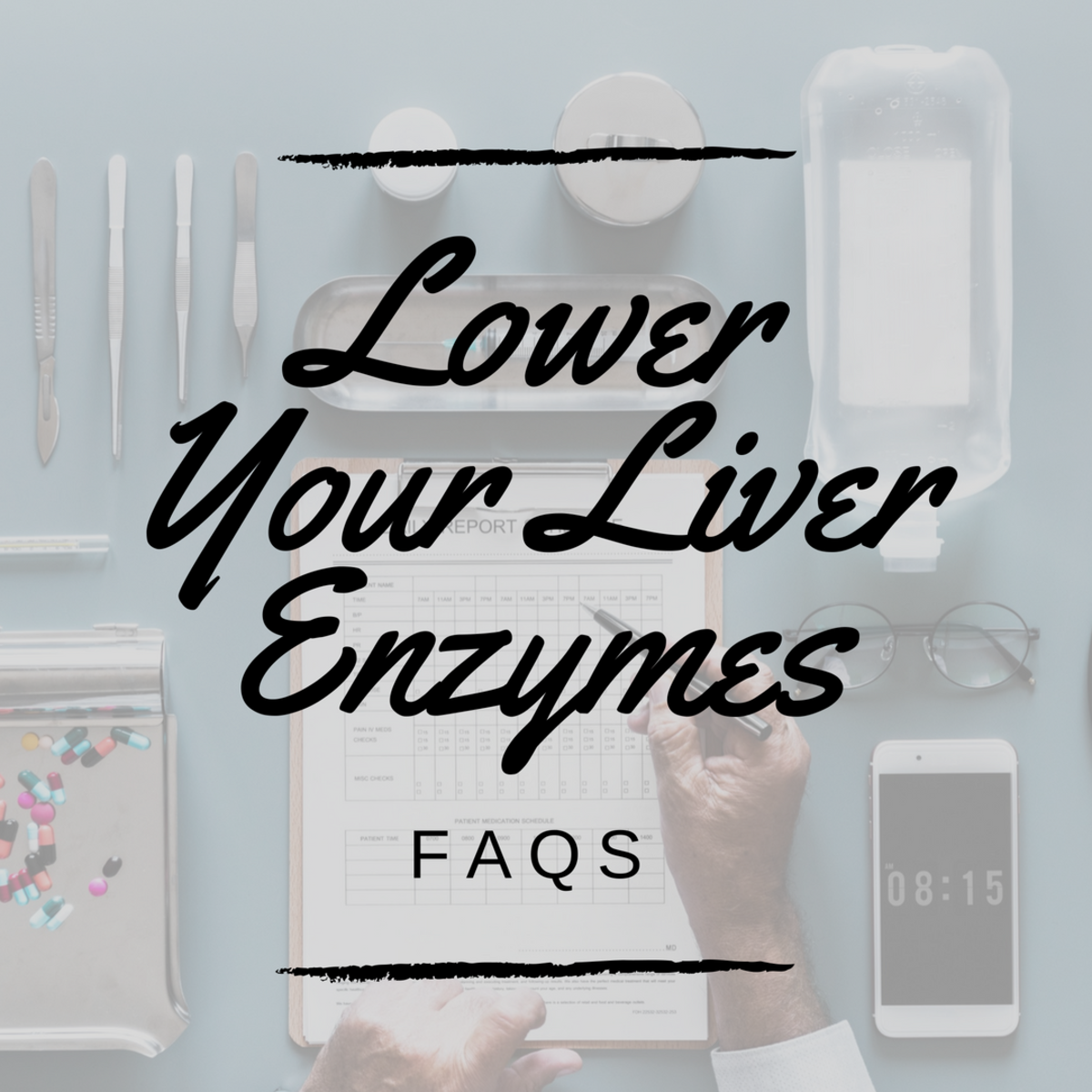- HubPages»
- Health»
- Personal Health Information & Self-Help»
- Health Self-Help
A Quick Guide on Headache Symptoms, Treatment and Prevention
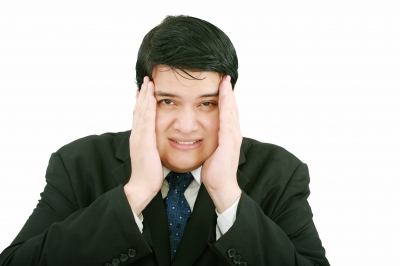
Make no mistake about it headaches can be serious. But many individuals take headaches lightly. Moreover, it is taken seriously only the pain is too unbearable. Even then, only a handful of people will even consider consulting a physician. The National Headache Foundation estimates that over 45 million Americans experience chronic headaches. Among this huge number, 28 million suffer from migraines. What’s even more disturbing is that 1 out 5 children and adolescents suffer from headaches. To say that headache is a serious problem is a gross understatement. It’s about time to arm you with the right information In order to wage war against headaches. Know the causes of headache and face them head on.
If you’re like me who thinks that all headaches are the same, please read on, this can change how you see headaches. More importantly, this can change how you address headache treatment and prevention.
Basic statistics about headaches:
- There are 37.4 migraine attacks per year in women
- There are 34 migraine attacks per year in men
- As much as 58% of migraine attacks require bed rest
- A total of 112 million migraine –related bed rests per year
- 15% of teenagers have experienced migraine attacks by age of 15
- Almost half (24%) of people suffering from migraines require emergency room treatment
- Employers lose as much as $13 billion yearly due to migraine
- Only 11% of individuals who suffer from headaches consult professional help.
- As much as 66% of sufferers of headaches do not get diagnosed.
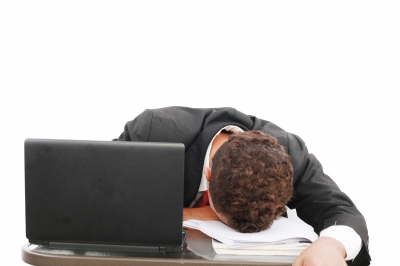
Headache questions you should ask yourself
- How often do you expereince headaches?
- How severe is you headaches?
- Is the headache recurring?
- Do you see any patterns that can point to what triggers your headaches?
- What do you do when you have a headache?
- Have you consulted a specalist about your headaches?
What triggers your headaches?
Different types of headaches
Headaches are not created equally. Moreover, the extent of discomfort differs from one type to the other. As such, treating headaches depends on the type of headache one experiences. Getting relief entails understanding the causes of headache. Know the symptoms of the different headaches and you can unlock the causes of headaches that stop you from enjoying life. Moreover, learn the safest headache prevention and treatment to win against this common foe.
Tension-Type Headaches (TTH)
This is the most common type of headache experienced throughout the world. The World Health Organization puts the rate of incidence at 70%. In spite of its being widespread not much is known about this type. However, many experts point to musculoskeletal problems as the origin of this headache. According to the World Health Organization, tension headache symptoms appear in teenage years at the rate of 3 women for every 2 men. In addition, WHO says that TTH occurrences peak during 30 years old and above.
Prevention and treatment
- Exercise can decrease its recurrence
- Lowering stress whether physical or emotional can have positive effects
- Regular relaxation
Migraines
Until recent times, no conclusive causes of migraines have been cited. However, medical experts believe that it is related to the contractions of blood vessel in the brain. The severity of the condition can range from moderate pain to I-want-to-die type of pain. The pain is often described as throbbing or pounding – which probably makes it even more irritating. Another unpleasant symptom is that this type of headache can last anywhere between 4 hours to 3 days. Moreover, it can recur up to 4 times a month. Other symptoms of migraine include sensitivity to light, strong odors and noise. Many individuals also experience nausea, vomiting, abdominal pain (which is why they are sometimes called abdominal migraines). Currently, migraines affect as much as 17% of women and 6 % of men. Obviously, the statistics may differ from country to country.
Prevention and treatment
- Avoid migraine triggers: skipping a meal, insufficient sleep, food allergies
- Eating healthy
- Some medications can cause migraines so know how medicines affect you
- Over-the-counter medications and some prescription medications
Causes of headaches that you should never ignore
- Meningitis
- Intracranial tumours
- Subarachnoid haemorrhage
- Temporal arteritis
- Primary angle closure glaucoma
- Idiopathic intracranial hypertension
- Carbon monoxide poisoning
Cluster Headaches
Although this is the least common type, it is one of the most severe types of headaches one can experience. Individuals who have this describe the pain as burning or piercing. There are those who experience a throbbing sensation as well. Individuals with this type of headache report feeling the intense pain behind their eye or in the general area. The headache are episodic hence its name. The symptoms present itself 1-3 days during a cluster period that can last for 6 to 12 weeks. Although the WHO reports it’s occurrence in only 1 in every 1,000 adults, it is still a worthy of attention and immediate action.
Prevention and treatment:
- Avoid smoking and drinking alcohol
- Reduce caffeine intake
- Prescription medications
Chronic and progressive headaches:
This type of headache get more frequent and the pain gets worse over time. Only a few cases are reported - 5% of all headaches in adults and less than 2% in children. Such a headache can be secondary to illness or diseases or even brain or skull trauma.
Prevention and treatment
- Proper diagnosis of underlying causes
- Treatment will vary depending on the case

Sinus Headaches
This type of headache is characterized by the deep pain felt in the cheekbones, forehead and on the bridge of the nose. The pain can be constant but can intensify with sudden head movements. It is often associated with nasal discharge, a feeling of fullness in the ears, facial swelling and in some cases fever.
Prevention and treatment
- Treat the primary cause of the discomfort – sinus problems
- Over-the-counter pain medications
- Explore natural pain relievers
Hormone headaches
This type of headache occurs more in women than in men. It is associated with the fluctuating hormone levels in the body especially during the menstrual cycle, pregnancy or during menopause. Chemically induced hormone change like the ones experienced when taking birth control pills can trigger headaches.
Prevention and treatment:
- Consult a specialist to give you a better idea on your hormonal changes
- Know your own cycles and prepare for them
- Hormone treatment

Would you consider herbal treatments for your headaches?
What should we do
What to do according to WHO
Congratulations you reached this part - hopefully, without any headaches. Now that you know the different types of headaches known to man, it's about time to be clear on what to do about it.
Although taking a pill is one of the most common recourse against headaches, the WHO cautions individuals about it. Every headache has its own mechanism and thus must be treated based on how it occurs. Of course pain killers can provide some level of relief, but a long-term solution is still needed. According to WHO, here is what one should do:
- Immediate medical treatment must be obtained
- Proper diagnosis of the headache to pin point the cause
- Appropriate treatment to the type of headache must be administered
- Proper treatment must include observing proper procedures of the treatment
- Regular follow ups must be done to ascertain appropriateness and efficacy of the treatment
When to see a doctor:
- Getting regular headaches especially after the age of 50
- Regular headaches that is constantly getting worse
- When you develop headache after exerting yourself
- Headaches coupled with memory loss
- Headaches after a concussion
Whether it’s a headache due to your boss’ new policy or something with an underlying physiological cause, headaches must be treated seriously. Understanding the causes of headache will help address the symptoms. Moreover, the right prevention and treatment will become clearer once one knows what you are up against.
Headaches can be debilitating. But this does not mean you cannot do anything about it. Find the root cause of your headache and win the battle against it.

